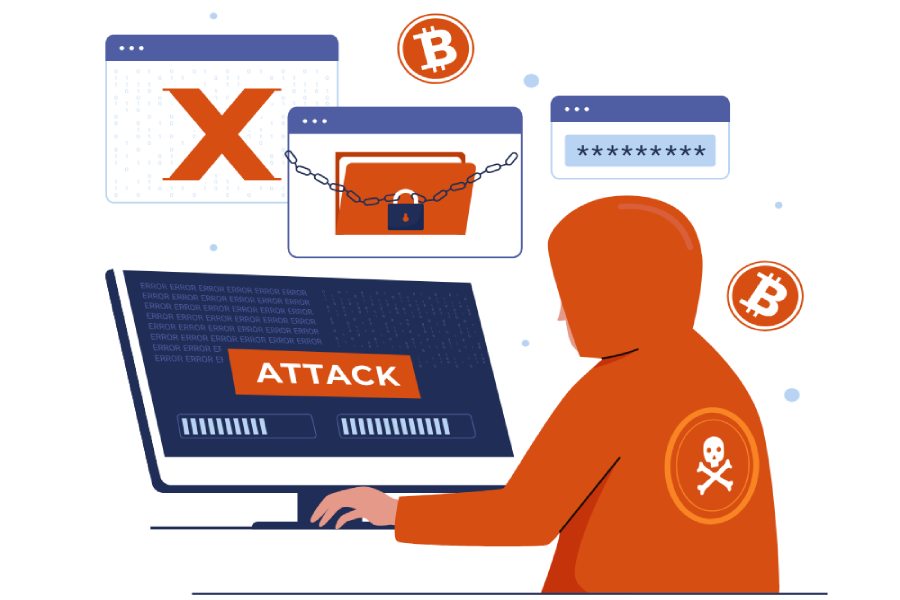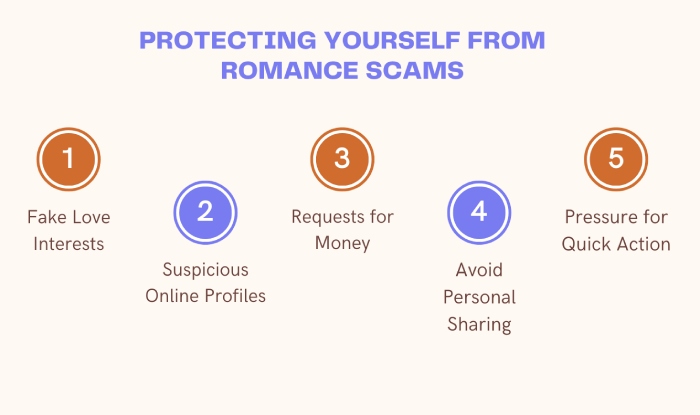Rise in cybercrime against older adults across the world- the current scenario
Threat actors use psychological tactics to manipulate victims into believing they are communicating with benevolent people. They know how to exploit older adults’s poor ability to spot the red flags of scams. In fact, in a recent study, 182 participants aged between 18 and 90 with normal cognitive function were given two separate tests to predict susceptibility to phishing. The results clearly revealed that it was easier for younger participants to distinguish between phishing and safe emails than older people. So, basically, the older you are, the higher the risk of falling into the trap of cybercriminals.
SPF, DKIM, and DMARC are crucial email security protocols that help verify the legitimacy of incoming emails, significantly reducing the risk of phishing and impersonation attacks.
Another reason older people are on the radar is their lifetime savings. Financial crimes against this group of people are particularly devastating as they usually leave them with no way to recover their lost wealth. As per the FBI’s IC3 2022 report, as many as 46% of victims of call centers-based cybercrime were over 60 years old. These people accounted for 69% of the monetary losses, totaling over $724 million.
Common scams targeting older adults in 2024
Senior citizens are from times when cybercrime wasn’t that common; they made deals through handshakes and not lengthy legal contracts. That’s why they are more susceptible to falling victim to the following new-aged scams targeted at them-
Government impersonation scams
In this type of scam, threat actors pretend to be from government authorities like the FTC or the Social Security Administration. They reach out to older people, luring them with hard-to-resist government schemes. They go to extremes and even give them their employee ID numbers to win their trust. They ask victims to share their financial or personal information.
In a recent case from India, a 77-year-old woman named Lakshmi Shivakumar lost around $156 thousand in a cyber scam. The scam started with a call from someone pretending to be a Telecom Department representative, who falsely claimed her SIM card was being used illegally. Later, callers impersonating Mumbai Crime Branch officers accused her of money laundering and demanded her bank details, threatening arrest. Using fake documents, the scammers convinced her to share her information and then transferred $152 thousand from her account, promising to return the money after the investigation.
Sweepstakes and lottery scams
Sweepstakes scams target older adults, claiming they’ve won a prize but must send money upfront for taxes/fees to claim it. Scammers impersonate legitimate companies to seem credible. No prize is ever awarded, but they keep asking for more money by promising the winnings are coming soon. These scams can continue for months or years after the initial fraud.
Robocalls and phone scams
Robocols misuse sophisticated, automated phone technology and dial many random phone numbers across the world. This technology was initially developed for legal use, but now it’s been exploited to attempt cybercrimes targeting older people. Some robocalls fool them into believing that their car’s warranty period is expiring and they need to pay a certain amount to renew it.
Computer tech support scams
Senior citizens are not well-versed in modern technologies and often reach out to tech support teams for help. But bad actors have found a way to take advantage of their lack of expertise; they send a pop-up message or blank screen to their device, telling them that it has caught an error and needs to be fixed immediately. When the older adult calls the tech support team, the malicious actor pretends to be helpful and requests remote access to their computer or a fee to fix the non-existing error. Threat actors often install malware, ransomware, or other unwanted programs to steal sensitive details or damage their data or devices.
In 2023, people above the age of 60 reported 18,000 complaints against tech support scams, with an accumulated loss of $600 million.
The grandparent scams
The infamous grandparent scam benefits from the emotions of older adults, especially love towards their grandchildren. Threat actors impersonate older adults’ grandchildren and call them asking for money in the name of urgent financial problems (like overdue rent, university penalties, car repairs, etc.). More often than not, they request the grandparents to keep the conversation a secret and, therefore, even ask them to pay discreetly using gift cards.
There is another version of the grandparent scam where a threat actor calls them, saying that their grandchildren were caught doing illegal activities. They exploit their emotions and demand money in order to not press any charges against the grandchildren.
Romance scams
Many older people are single, lonely, or stuck in unhappy marriages. Romance scammers create fake profiles on dating apps and social media to connect with such people. They show care and attention to create an emotional bond through daily messages and even calls. Sometimes, they pretend to be from overseas and ask for money for visas and flights so the two of them can unite.
In romance scams, the fake person on the other side of the screen often asks for small amounts first and then slowly escalates after building the trust. They even return the small amount they borrowed so that the older person has enough confidence in them that they end up paying a hefty sum.
Adults may continue getting scammed for months or years without realizing anything before it gets too late. According to the FTC’s Protecting Older Consumers Report Protecting Older Consumers (2022-2023), older adults reportedly lost nearly $240 million to romance scams in 2022. The actual figures are way too high because many victims feel ashamed and don’t report the scam.
What do you do if you have been scammed?
Firstly, don’t be ashamed to acknowledge and share with people that you have been scammed. Scammers know how to exploit the emotions and psychology of people of different age groups, and that’s why anyone can be a victim.
Reach out to the official authorities who can help you. Make sure you either physically visit their office or call the number provided on the official website. We suggest you share the incident with a younger family member or acquaintance, as they are more prepared to handle such situations.


